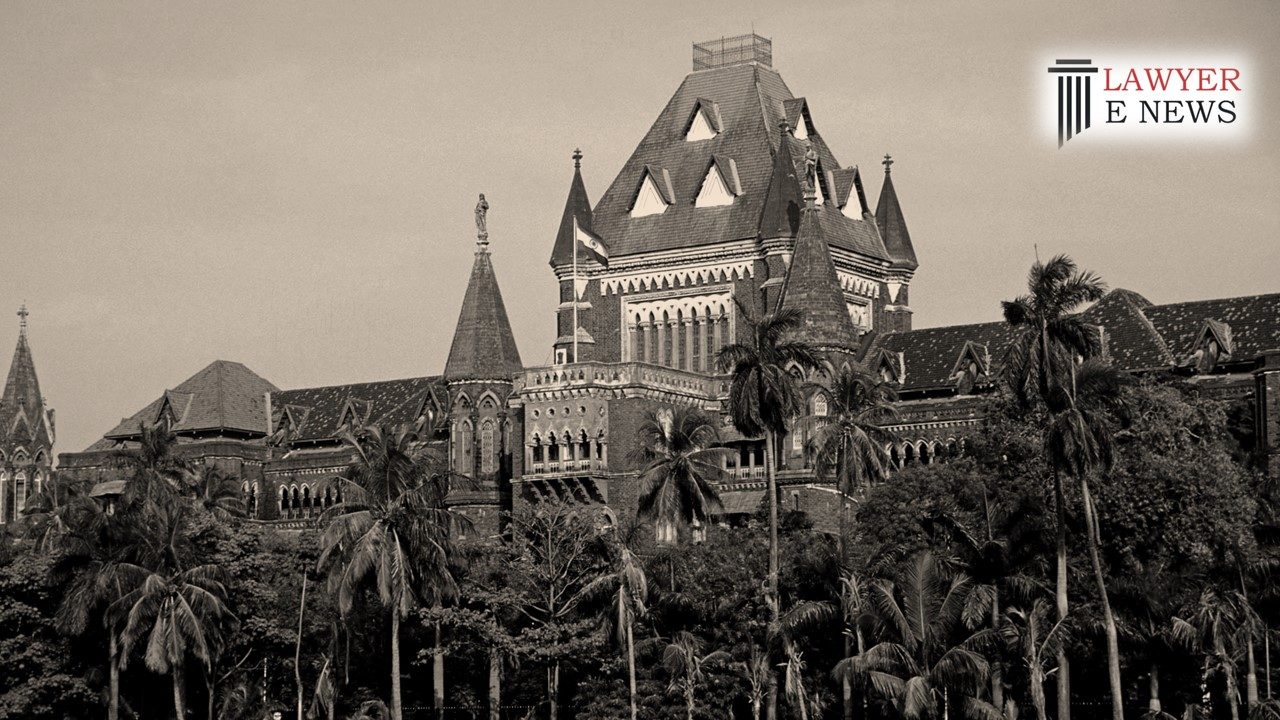-
by Admin
15 February 2026 5:35 AM



High Court Validates Convictions Under IPC and POCSO Act, Addresses Procedural Delays and Defense’s Claims of False Implication
In a significant judgment, the Bombay High Court has dismissed the appeal of Ramesh Ratan Jadhav, a primary school teacher convicted of sexually assaulting minor students. The court upheld the trial court’s conviction under Sections 354 and 354-A of the Indian Penal Code (IPC) and various sections of the Protection of Children from Sexual Offences Act (POCSO). The bench, led by Justice Kishore C. Sant, emphasized the reliability of the minor victims’ testimonies and the importance of addressing procedural delays and defense claims comprehensively.
Facts of the Case:
Ramesh Ratan Jadhav, a teacher in a primary school, was accused of sexually assaulting three minor girls who were in the second standard. The incidents took place in the classroom where Jadhav, under the pretense of disciplinary actions, inappropriately touched the victims. The FIR was lodged on December 24, 2021, at Ratnagiri Rural Police Station. Following the investigation and a detailed trial, the Additional Sessions Judge of Ratnagiri found Jadhav guilty on February 14, 2023. The trial court’s judgment was based on the consistent and corroborative testimonies of the minor victims and other supporting witnesses, including other children who were asked to stand outside the classroom during the assaults.
Credibility of Minor Witnesses:
The court underscored the credibility of the minor witnesses, whose testimonies were consistent and corroborated by other evidence. Justice Sant remarked, “The evidence of the minor victims is found to be reliable. Their consistent testimonies, corroborated by supporting witnesses, lend significant weight to the prosecution’s case.” The court rejected the defense’s argument that the minors were tutored, highlighting the detailed and corroborative nature of their statements.
Procedural Delays:
Addressing the defense’s contention regarding the delay in filing the First Information Report (FIR), the court found the delay satisfactorily explained by the prosecution. “The initial hesitation of the victims’ families and the subsequent realization of the seriousness of the offenses justified the 15-day delay in lodging the FIR,” the court noted. This acknowledgment underscores the court’s understanding of the psychological and social pressures faced by victims and their families in such cases.
Defendant’s Presence and Conduct:
The court also addressed the accused’s defense of false implication due to animosity. It found no substantial evidence to support this claim. The court noted, “The presence of the accused at the school on the day of the incident and his role as a teacher were not denied. The defense’s narrative of animosity insufficiently counteracted the credible accusations made by multiple victims.”
Section 145 of the Indian Evidence Act:
The court highlighted the lack of substantial cross-examination to discredit the minor witnesses. “No significant inconsistencies were found in the testimonies of the minor victims. The defense’s failure to confront the witnesses with their earlier statements under Section 145 of the Indian Evidence Act weakens their argument,” Justice Sant observed.
The judgment extensively discussed the principles of evaluating evidence in cases involving sexual offenses, especially against minors. It reiterated that the testimonies of child victims, if found reliable, could form the basis for conviction. The court emphasized that the trial judge properly verified the minors’ understanding of the questions posed to them before accepting their testimonies.
Justice Kishore C. Sant remarked, “The delay in filing the FIR is satisfactorily explained, considering the initial hesitation and subsequent seriousness of the offenses. The credibility of the minor victims’ testimonies remains intact, despite the defense’s unfounded claims of tutoring and false implication.”
The High Court’s dismissal of the appeal reaffirms the judiciary’s commitment to upholding justice in cases of sexual assault, particularly involving minors. By validating the trial court’s findings and emphasizing the reliability of minor witnesses and the explanation for procedural delays, this judgment sets a crucial precedent for future cases. It sends a strong message about the importance of protecting children and ensuring that perpetrators of such heinous crimes are held accountable.
Date of Decision: 13th June 2024
Ramesh Ratan Jadhav vs. State of Maharashtra & Ors.
